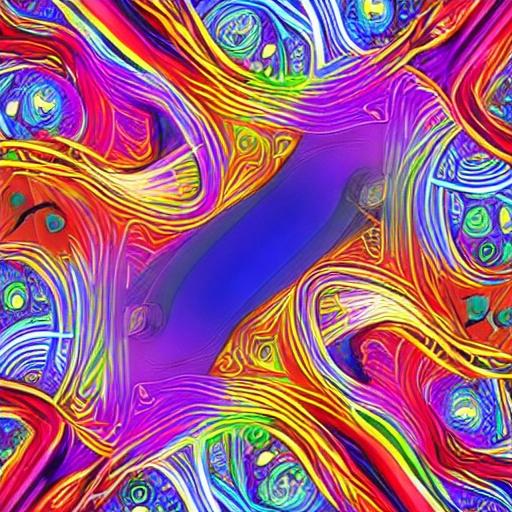As the digital landscape continues to evolve, a new phenomenon has emerged, bringing together the worlds of art, technology, and finance. Non-Fungible Tokens (NFTs) have taken the internet by storm, revolutionizing the way we perceive and trade digital assets.

NFTs are unique digital assets that can be bought, sold, and owned by individuals. Unlike cryptocurrencies like Bitcoin or Ethereum, which are fungible and can be exchanged on a one-to-one basis, NFTs are indivisible and cannot be exchanged on equal terms. Each NFT holds distinct characteristics, qualities, or properties that differentiate it from any other token.
The concept behind NFTs lies in the blockchain technology that powers them. Blockchain is a distributed ledger that allows for the decentralized and transparent verification and recording of transactions. By utilizing blockchain, NFTs solve the problem of provenance and authenticity for digital assets. Each token contains a unique identifier, or a digital signature, that verifies its originality and can be traced back to its creator.
One of the key applications of NFTs is within the art world. Now, digital artists can create, sell, and trade their art as NFTs. This offers artists new opportunities to monetize their work and reach a global audience without relying on traditional art markets. Additionally, NFTs provide traceability, allowing artists to receive royalties whenever their artwork is resold in the future.
Beyond the art world, NFTs have the potential to disrupt various industries. They can be used to tokenize real estate, collectibles, virtual land, domain names, music, videos, and even virtual goods in video games. NFTs enable fractional ownership, allowing multiple people to invest in and own a share of an asset, enhancing liquidity and expanding investment opportunities.
Critics argue that the popularity of NFTs remains speculative and may be a bubble waiting to burst. They raise concerns about the environmental impact of blockchain technology, as it requires significant energy consumption for mining purposes. However, proponents believe that NFTs have the potential to revolutionize the digital economy, empowering creators, artists, and collectors like never before.
